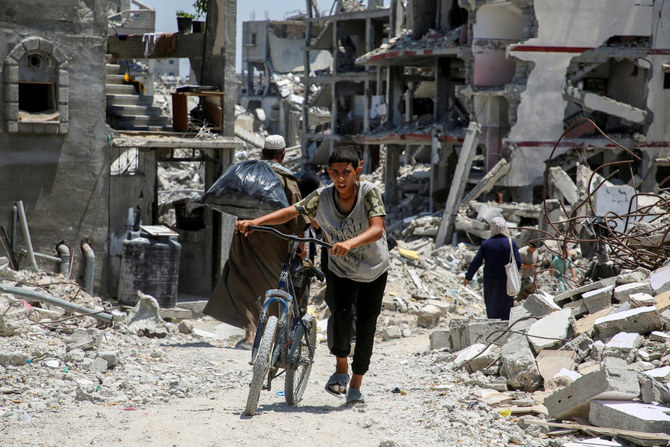WASHINGTON (axios): Extreme heat and wildfires are plaguing the U.S. and Europe, along with northern Africa. Thursday marks the peak of the latest heat wave in the Mid-Atlantic states, with Washington, D.C. likely to reach or eclipse 100°F Thursday, with a heat index closer to 105 or 110°F.
Why it matters: Heat waves and wildfires are two clear manifestations of the growing risks and impacts of global warming, a conclusion reinforced by the authoritative U.N. IPCC’s report published Monday.
Details: The Pacific Northwest will see its second outbreak of scorching heat and dry weather this summer. Although temperatures won’t approach the all-time records of late June into early July, when Portland, Ore., hit 116°F, and as many as 600 people died from heat-related illness, they will be up to 20°F above average for this time of year.
- In Portland, the forecast high on Thursday is 99°F followed by 100°F on Friday.
- Extreme heat will also affect the fire zones in northern California, where the Dixie Fire, California’s second-largest on record, continues to rage. That blaze has destroyed at least 1,000 structures, including at least 500 homes.
- Heat and drought are also leading to dangerous, large fires in Montana, among other states, and British Columbia.
- Heat warnings are in effect for the urban corridor from Philadelphia to Boston, with heat indices likely to reach 110°F in New York City Thursday.
The big picture: The heat in the U.S. pales in comparison to what is taking place in Europe.
- Sicily may have set an all-time continental record on Wednesday, when the community of Siracusa hit 48.8°C, or 119.8°F.
- Deadly, widespread wildfires have been burning in Turkey, Greece, and Algeria, and concerns are growing for fires to break out in Spain and Portugal through this weekend as the furnace-like heat shifts toward the Iberian peninsula.
- Temperature records have also fallen in Tunisia, with Kairouan recording a reading of 112.5°F on Wednesday, which if verified would be a national record for any month, according to diligent record temperature tracker Etienne Kapikian, a meteorologist with Meteo France.
- Climate studies have consistently shown that the Mediterranean is likely to become hotter and drier as human-caused warming continues, as a region of sinking air north of the equator shifts north.






